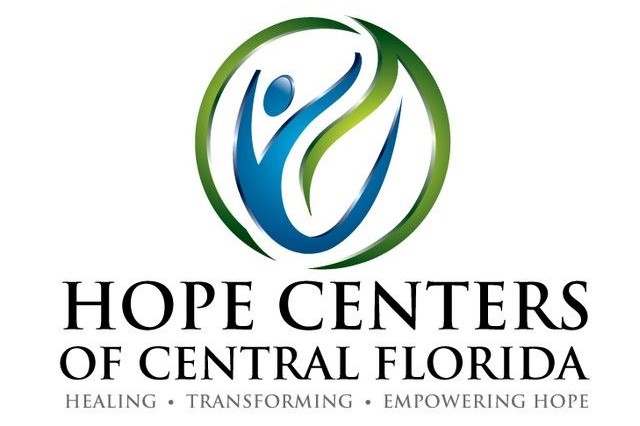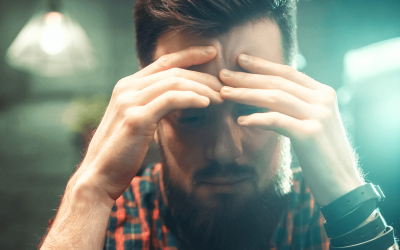When it comes to opioid addiction, one of the best methods when it comes to treatment is suboxone. Suboxone treatment helps is commonly used to reduce the effects of opioid addiction. The experts at Hope Centers of Central Florida are here to make sure that you know how this pharmaceutical drug helps your brain when it comes to the harmful effects of opioids. We are the best Orlando, so you can count on us.
Opioids Change Your Brain
Is your love one affected by opioid addiction? Or maybe you are. You are probably already aware that addiction causes changes in the brain. Opiates, in particular, create a physical dependency alongside a psychological addiction, making them especially difficult to stop using. Drugs like heroin and prescription pain pills like oxycodone latch onto our natural opioid receptors, which are integral to many bodily functions such as our pain and pleasure responses, sleep regulation—even breathing. Normally, our brain creates natural opioids, but when we become habituated to external opiate drugs, our bodies stop producing them at the normal rate, leading to a host of issues that manifest as acute withdrawal and can linger as post-acute withdrawal syndrome (PAWS). Replacement therapies correct some of those changes, helping the brain recalibrate after addiction.
Does Suboxone Treatment Help The Effects of Opioid?
Patients who use Suboxone for six months or longer tend to have better outcomes than patients who use it only as a detox aid. While abstinence after detoxification is thought to have a relapse rate that can broach 90%, 60 to 90% of patients undergoing Suboxone maintenance for a year or longer will remain in treatment. The same study even found that those patients who remained in treatment also had better measures of overall health, such as increased social function, and lower viral load in HIV positive patients.
Virtually all of the studies measuring the effectiveness of buprenorphine for long term use-mention a need for additional psycho-social interventions. Addiction is considered a chronic relapsing brain disease. Those who challenge that definition still recognize that it is at least a psychological condition. Addiction likely has a genetic component, and it definitely causes changes in the brain. But environmental factors also play their part. At the very least, opioid addiction will never be triggered in a body that has never been introduced to opiates. We also know that trauma and mental illness may play a role. For example, post-traumatic stress disorder is thought to be three times higher in patients with substance use disorders than the general population. This means that while medication-assisted therapy can help with the biological component of addiction, psychological interventions are also important.
Not a whole lot is known about the applications of Suboxone for the treatment of PTSD, mostly because it has not been studied enough. Trauma therapists will tell you that if you have PTSD and are not addicted to opioids, you should not look to buprenorphine to manage your symptoms. That’s because buprenorphine causes a dependency. But for someone who needs treatment for opioid addiction, and is therefore already dependent on opiates, buprenorphine may have some added benefits for PTSD. A small study on veterans with co-occurring PTSD and opioid dependency found that buprenorphine helped ease some symptoms of both disorders.
Call Us Today
We are experts in heroin and suboxone treatment. With our trusted and experienced clinical team and state-of-the-art treatment facility, we can help you get started on the road to lasting recovery. We want to get rid of the effects of opioid addiction. Let our team of caring professionals partner with you on your journey to recovery. Our trained professional’s ultimate goal is to get our patients on the track to the cure. Opioid dependence is a disease that needs to be treated seriously. Hope Centers of Central Florida is the best choice in Orlando. Call or visit us today to schedule an appointment or ask us about our services. We are a rehabilitation center specializing in opioid dependence.




